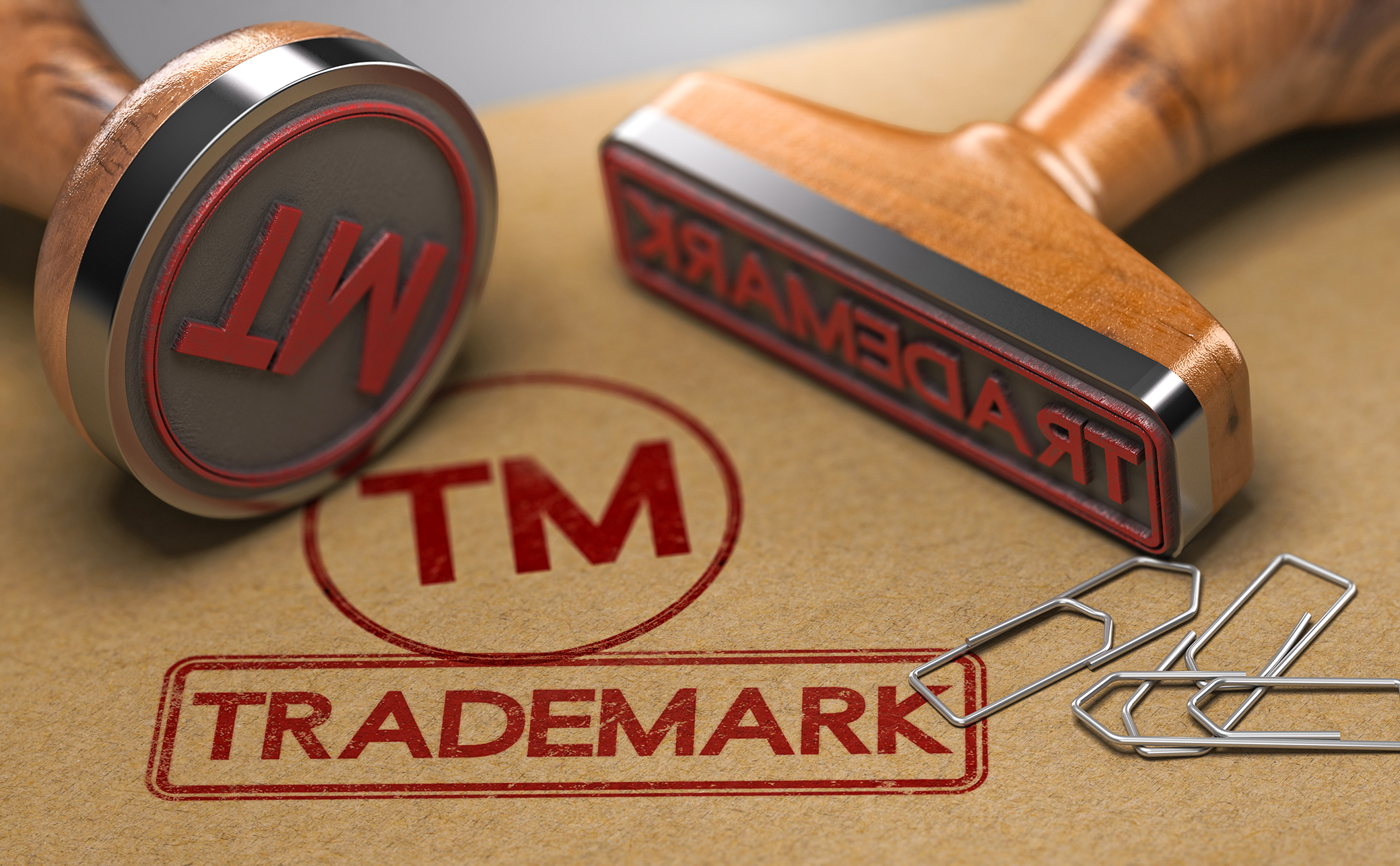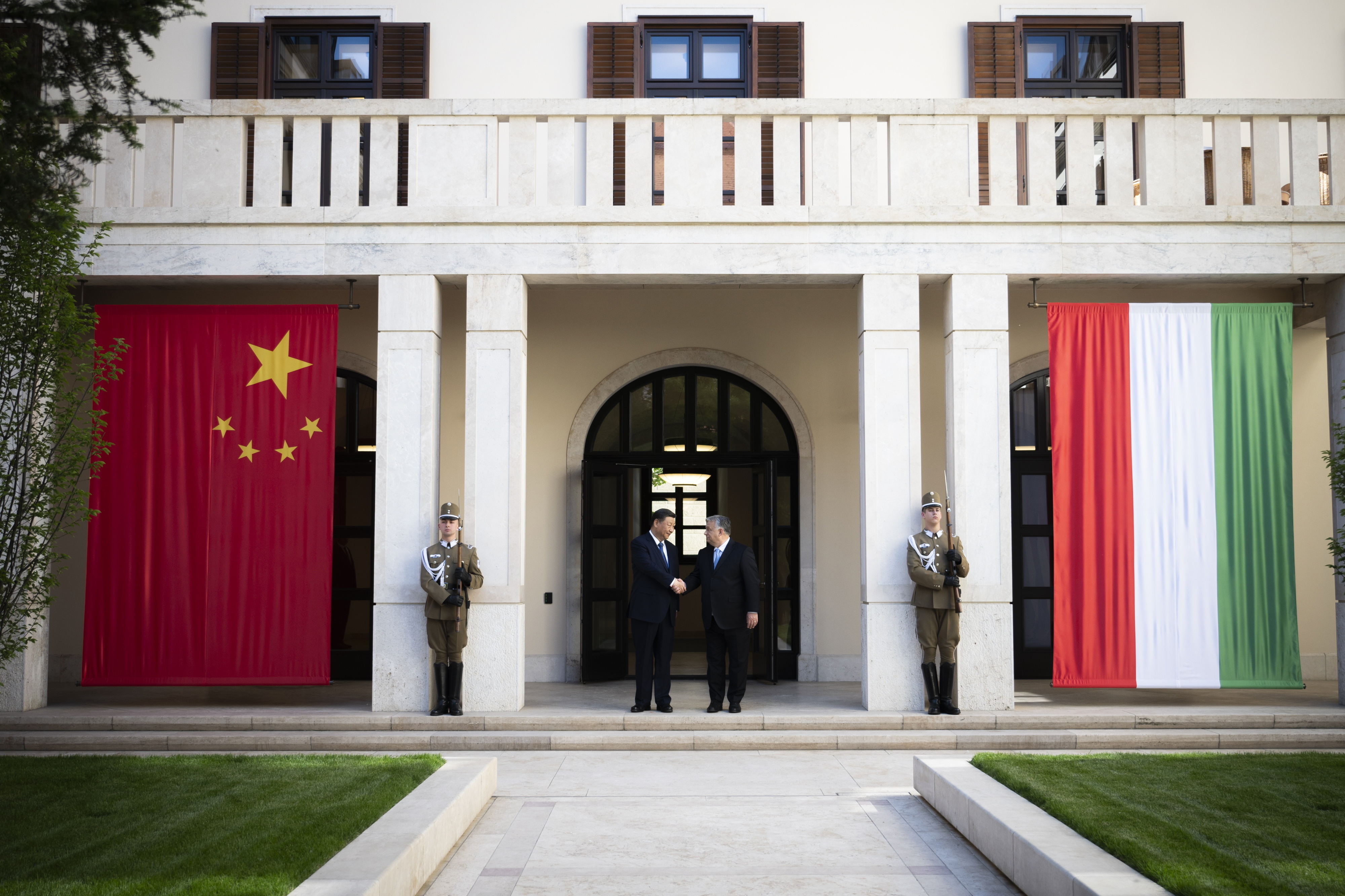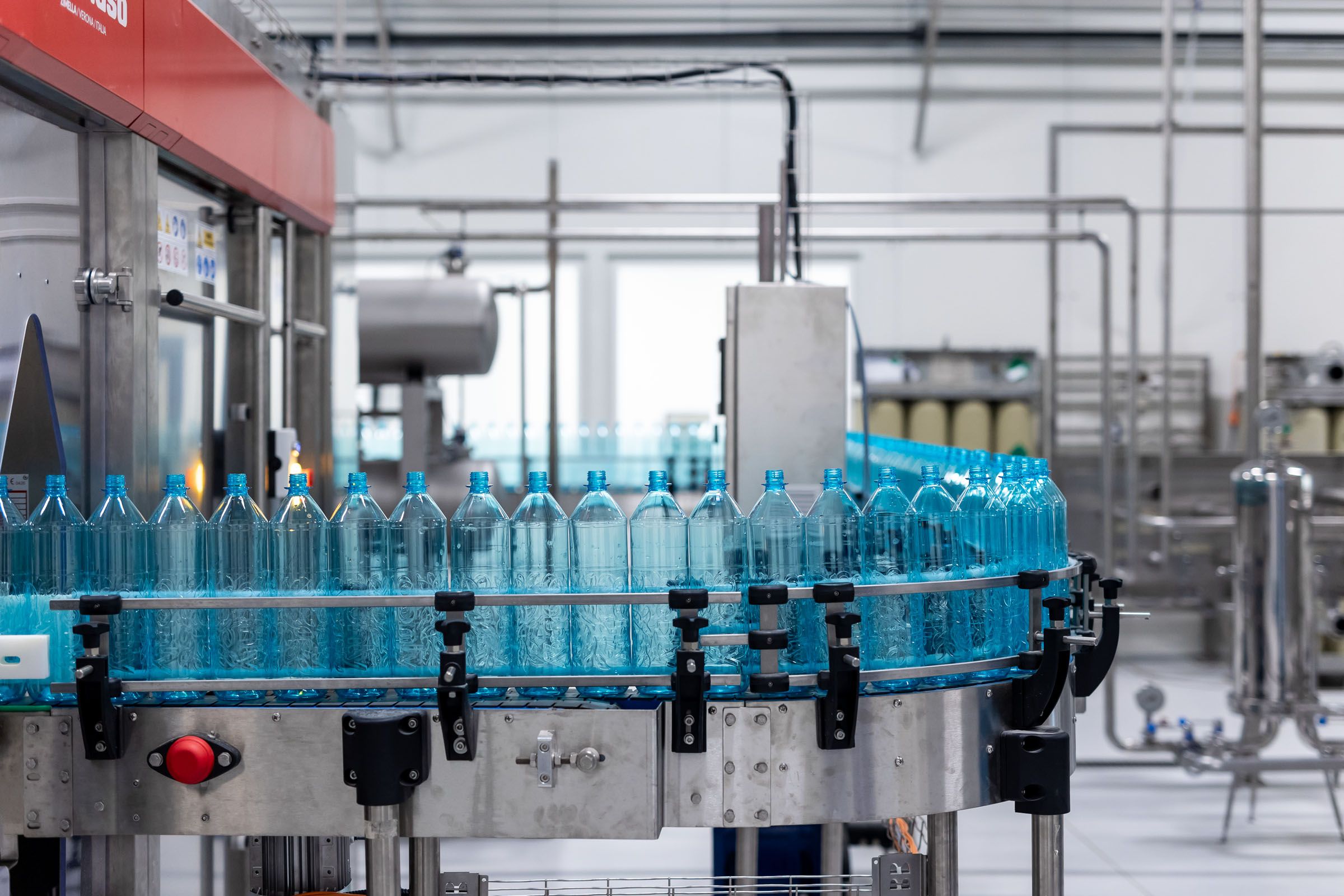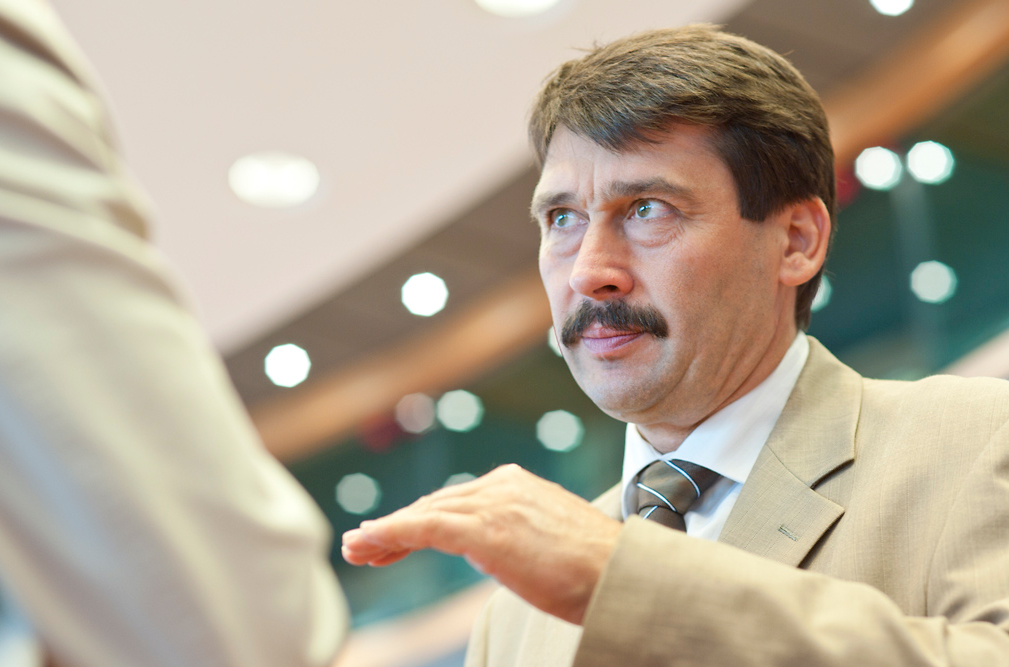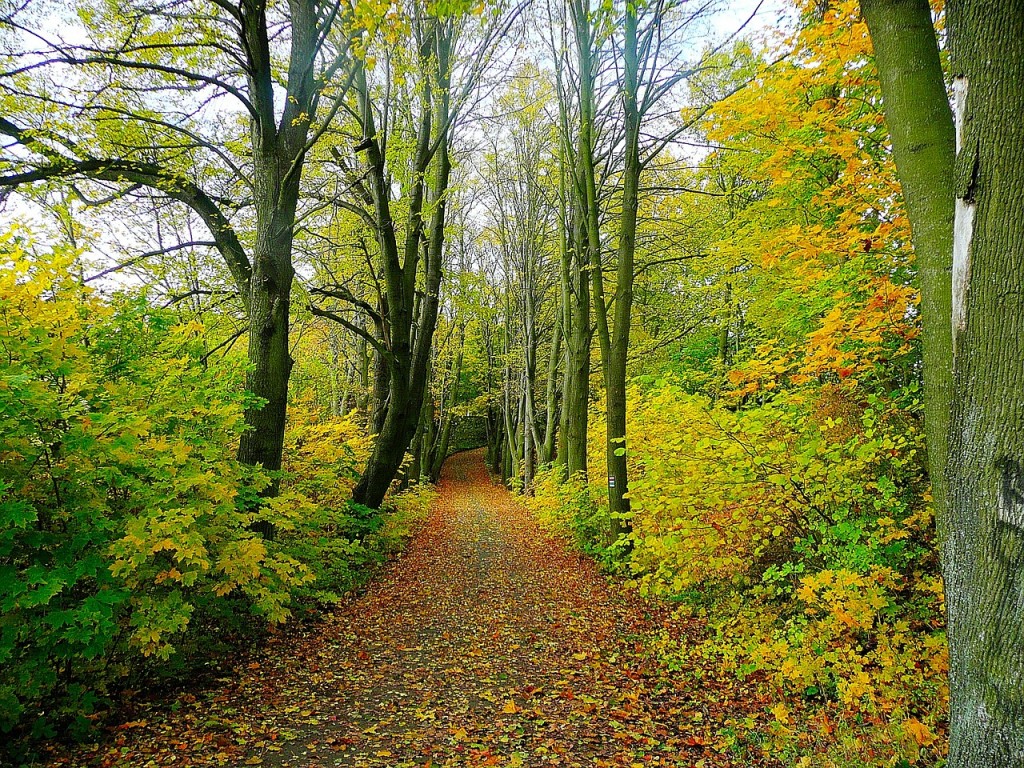Austria to contest Paks upgrade in European Court
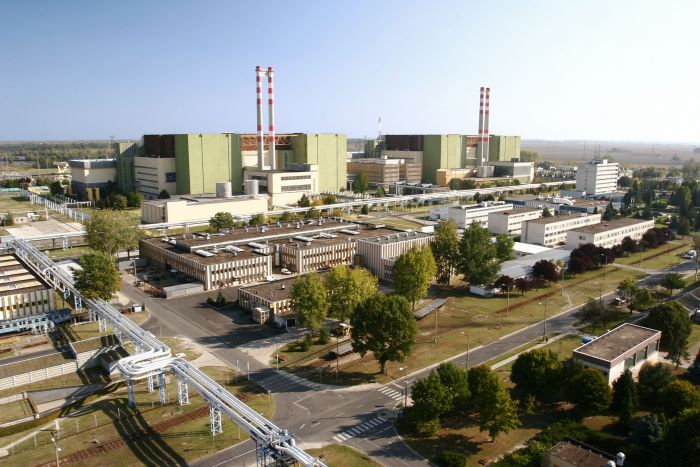
Austria said on Monday it plans to sue the European Commission at the European Court of Justice in Luxembourg for allowing Hungary to expand its Paks Nuclear Power Plant, according to reports. The Austrian government will ask the court to annul the ECʼs resolution approving the expansion.
“We in the government have agreed that there are sufficient reasons to sue,” a spokesman for Elisabeth Köstinger, the Austrian Federal Minister for Sustainability, Agriculture and Tourism, was cited as saying by Reuters. “EU assistance is only permissible when it is built on common interest. For us, nuclear energy is neither a sustainable form of energy supply, nor is it an answer to climate change.”
The Commission started a probe into state aid given to the Paks upgrade in November 2014, Hungarian state news agency MTI recalled. Last March it approved the project to build two new reactors, to be financed with the help of Russia’s state atomic energy corporation Rosatom, after regulators said Hungarian authorities had agreed to several measures to ensure fair competition. The project is set to double the plant’s nominal capacity, with the first facility set for completion in 2025.
Reuters noted that in a majority of such complex cases, the European Court of Justice has found in favor of the Commission.
News portal index.hu recalled that this is not the first time Austria has taken action against nuclear power, having earlier opposed the construction of the Temelín Nuclear Power Station in the Czech Republic. Previously, construction of Austriaʼs own Zwentendorf Nuclear Power Plant was completed, but a domestic referendum in 1978 decided against the plant and it never entered service. A law has prohibited the use of nuclear energy in the country ever since.
Index.hu noted that it cannot be ruled out that the topic of Paks might be among those discussed when Hungarian Prime Minister Viktor Orbán holds his first meeting with recently elected Chancellor of Austria Sebastian Kurz on January 30. It observed that this could be particularly interesting in light of the fact that the Hungarian leader had warmly welcomed the latterʼs victory.
Poll shows domestic support plunging
Meanwhile, Greenpeace Hungary has commissioned another public opinion poll from the Závecz Research Institute regarding support within society for the Paks II upgrade.
The results of the research show that the majority of Hungarians reject the investment as planned by the government, with most expressing fear over dangers relating to the power plant.
One of the questions posed in the survey already appeared in earlier polls commissioned by Greenpeace, permitting a comparison to be made regarding the attitude of citizens then and now.
This question asked in general terms: “Do you agree with the expansion of the Paks Nuclear Power Plant if built by a Russian state company using Russian credit?”
A sizeable majority of 61% answered in the negative, while only 19% said they agree with the expansion being carried out in this way. Some 20% did not know or declined to respond.
Compared to the result of the Greenpeace-commissioned poll in 2016, the proportion of those rejecting the project has risen by 8 percentage points. In addition, the projectʼs supporters have dwindled from 31% of those polled in 2015, and 27% in 2016, to just 19% in the latest survey.
Significantly, index.hu notes that in terms of political party preferences, there is no party among whose followers a majority now support the Paks expansion in its present form. Even in the case of the governing Fidesz, it observes, some 48% of voters said they disagree with the project, while only 33% supported it.
The other question in the poll asked respondents opposing the Paks expansion to choose what they thought were the most important arguments against the upgrade.
Here concerns about the dangers entailed in the project headed the list, with 39% citing this as their most serious concern, with a further 29% anxious about the potential problems of storing radioactive waste. However, only 11% declared themselves worried about the transparency of the project.
SUPPORT THE BUDAPEST BUSINESS JOURNAL
Producing journalism that is worthy of the name is a costly business. For 27 years, the publishers, editors and reporters of the Budapest Business Journal have striven to bring you business news that works, information that you can trust, that is factual, accurate and presented without fear or favor.
Newspaper organizations across the globe have struggled to find a business model that allows them to continue to excel, without compromising their ability to perform. Most recently, some have experimented with the idea of involving their most important stakeholders, their readers.
We would like to offer that same opportunity to our readers. We would like to invite you to help us deliver the quality business journalism you require. Hit our Support the BBJ button and you can choose the how much and how often you send us your contributions.


